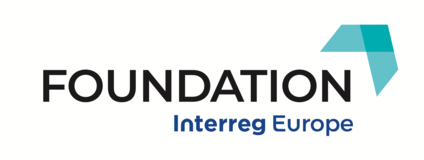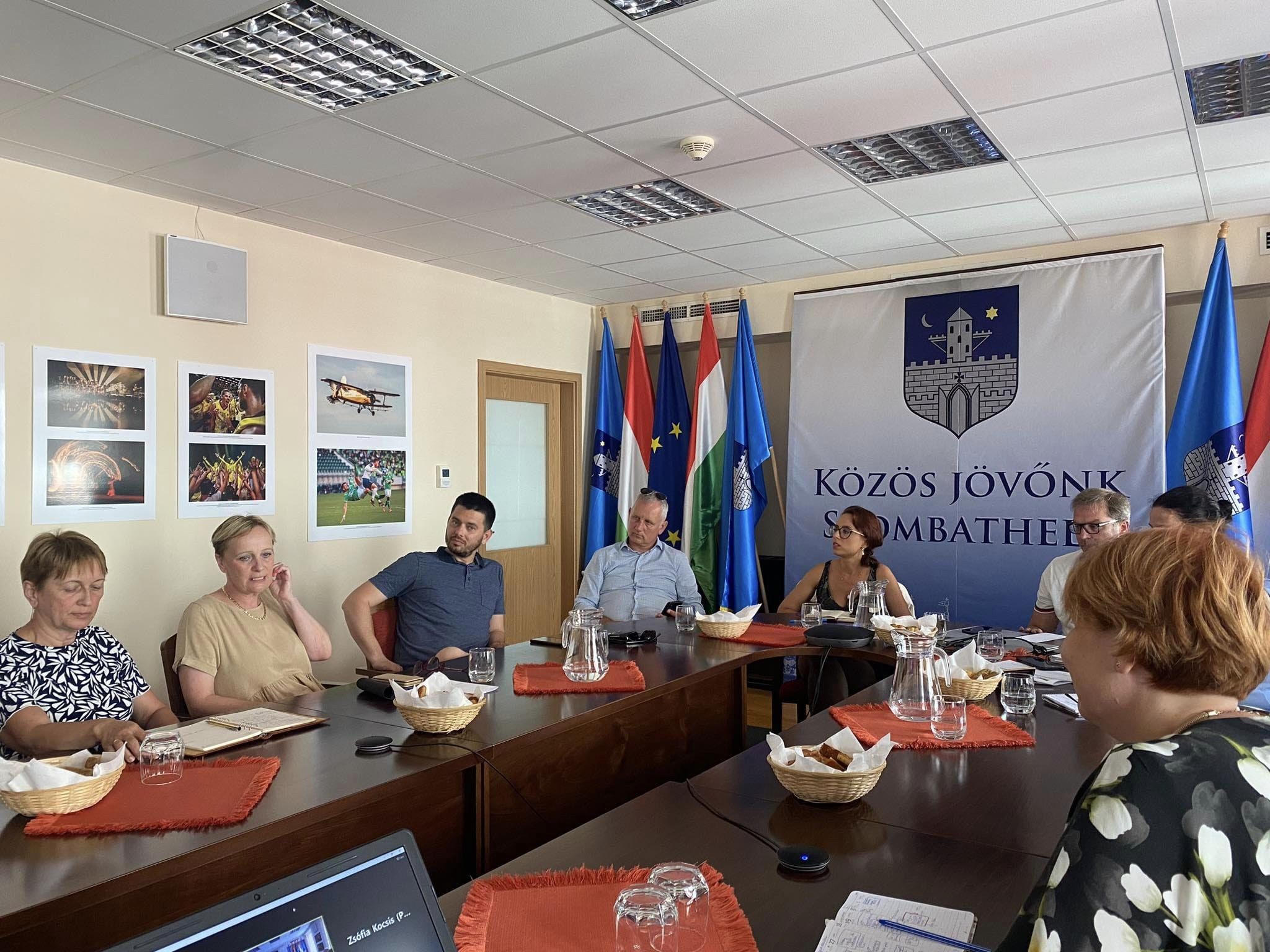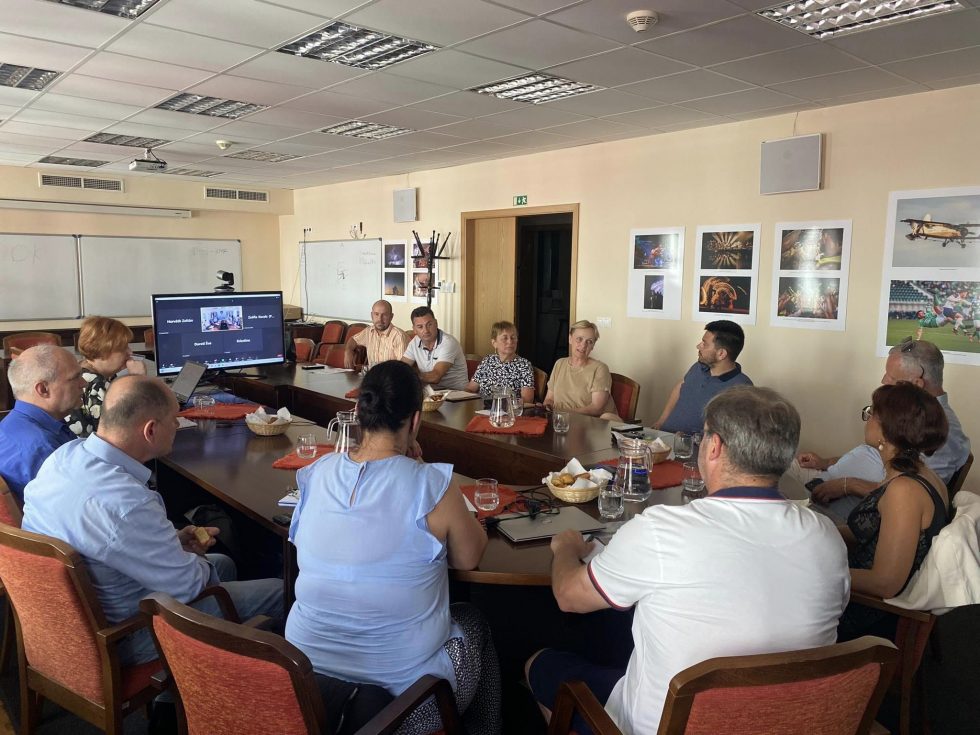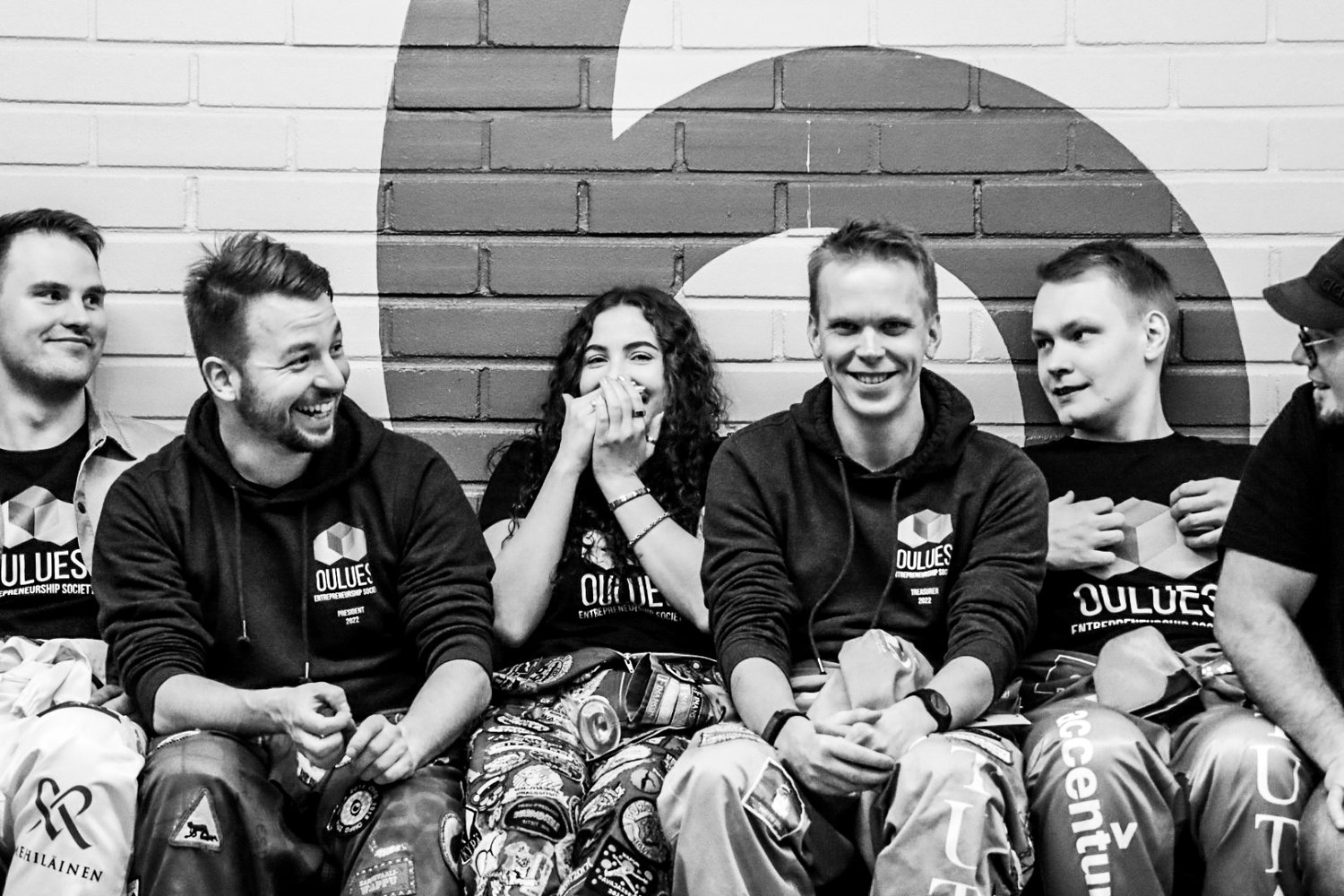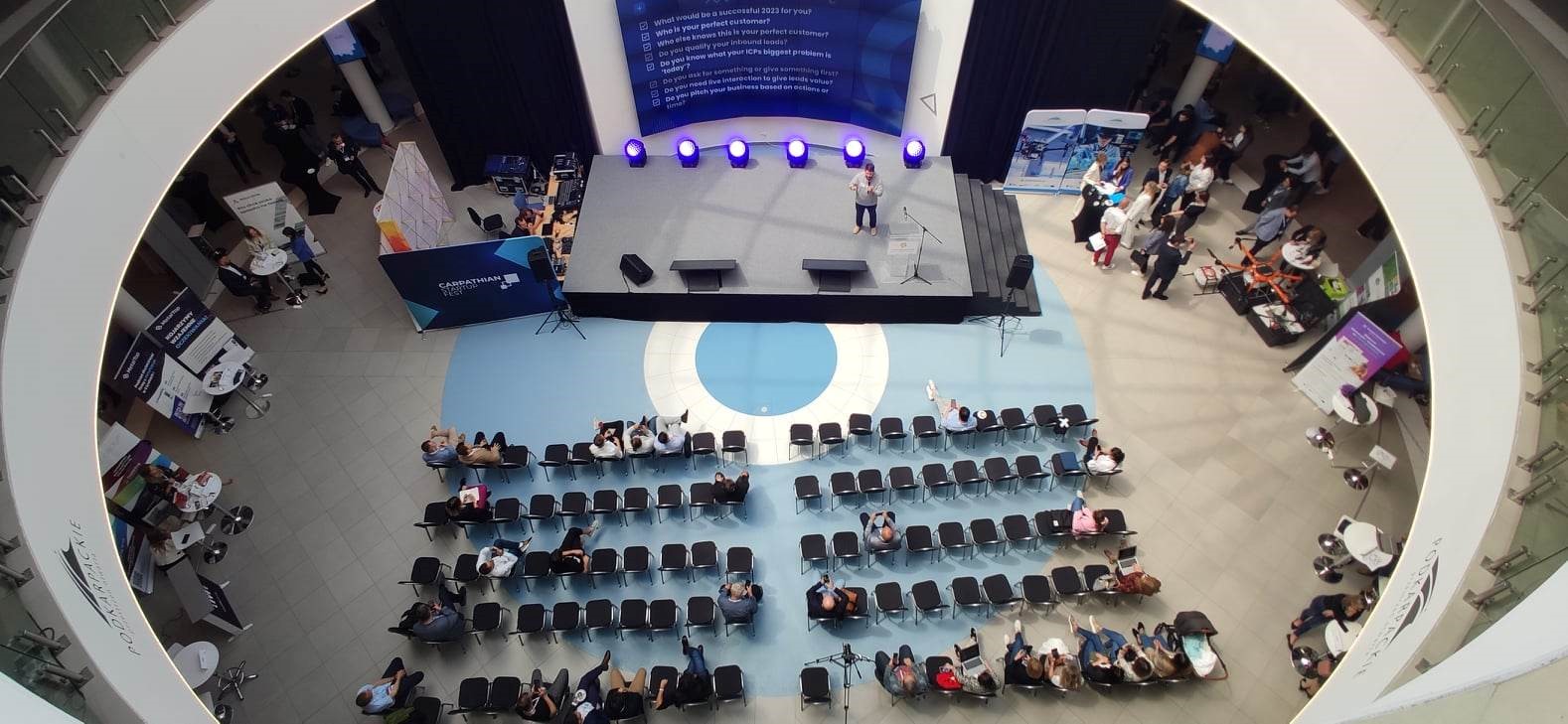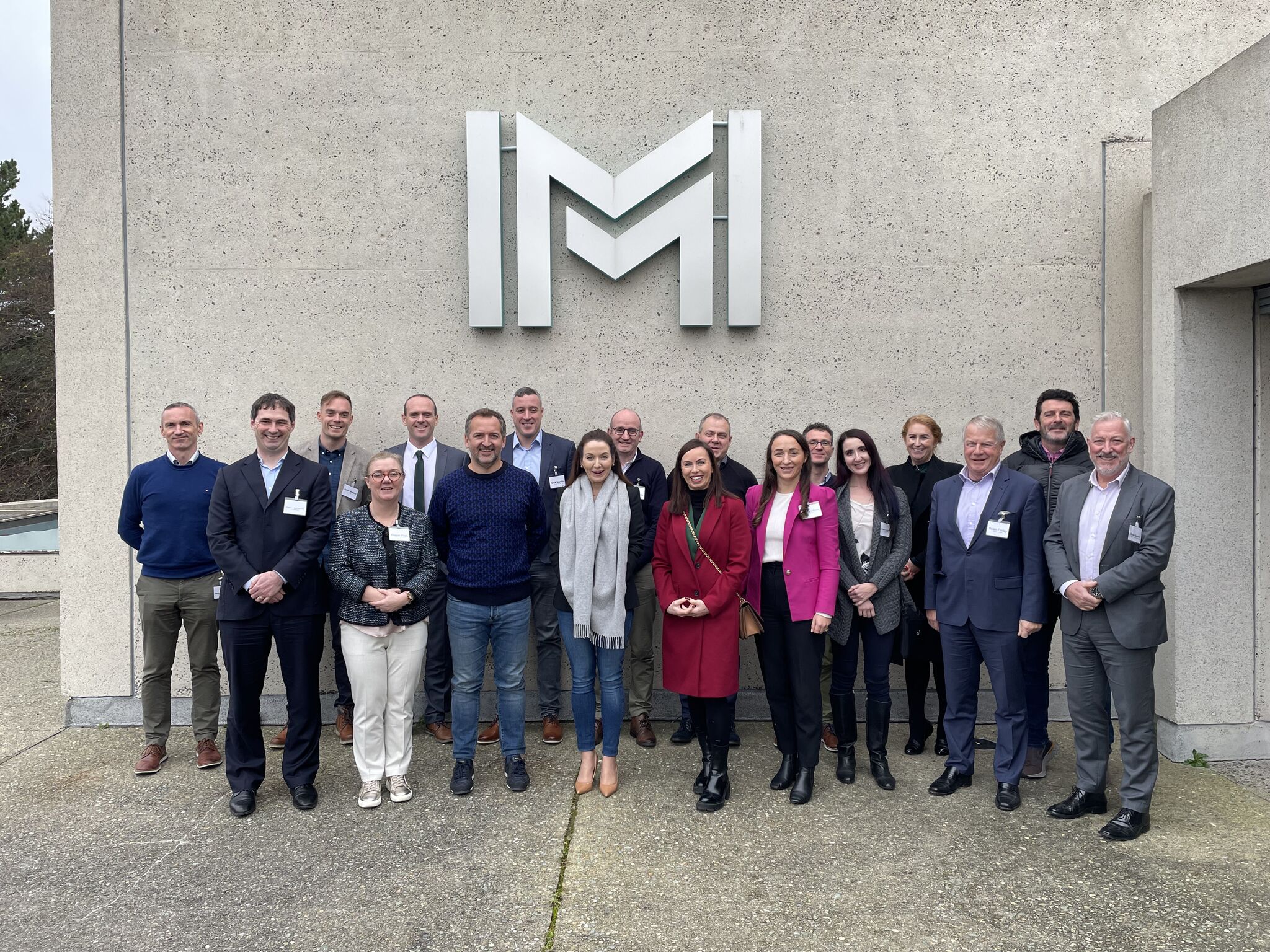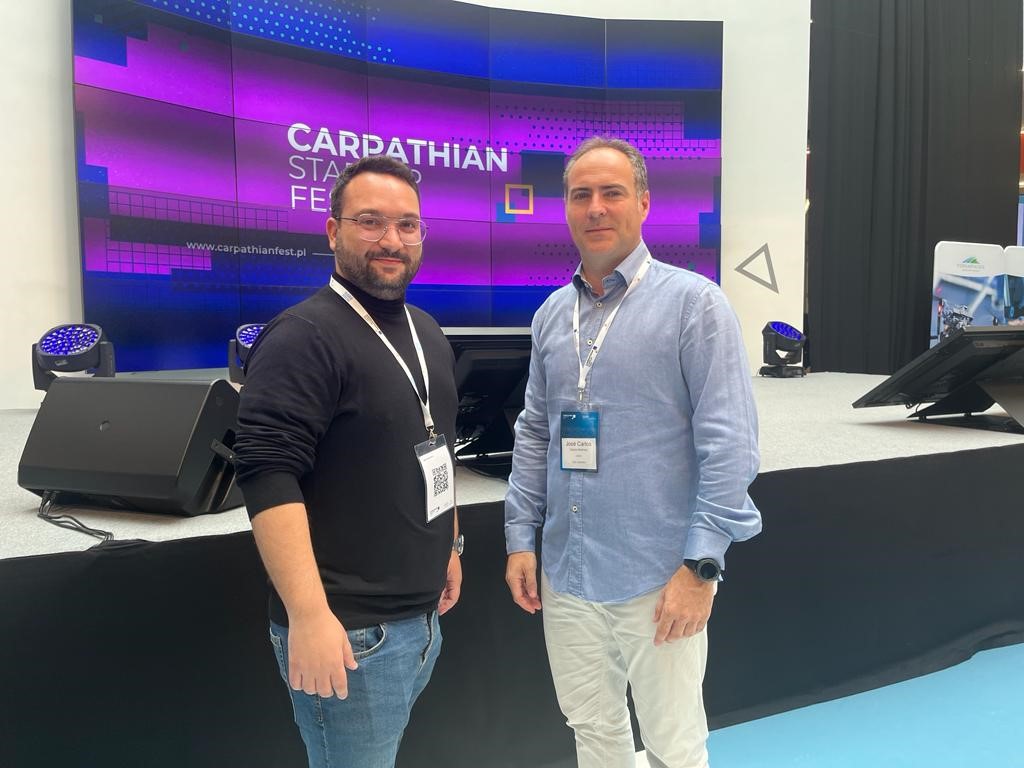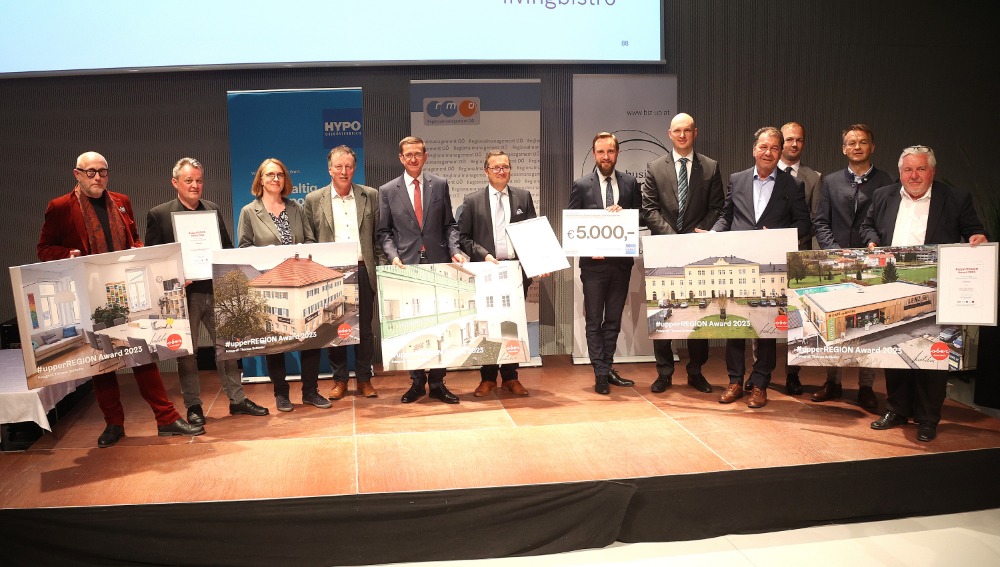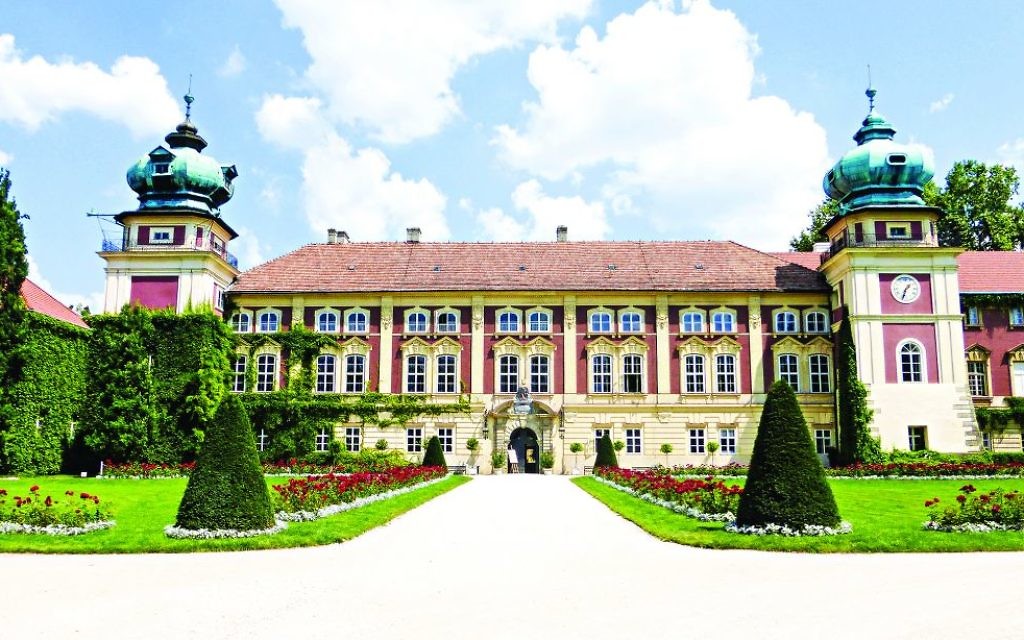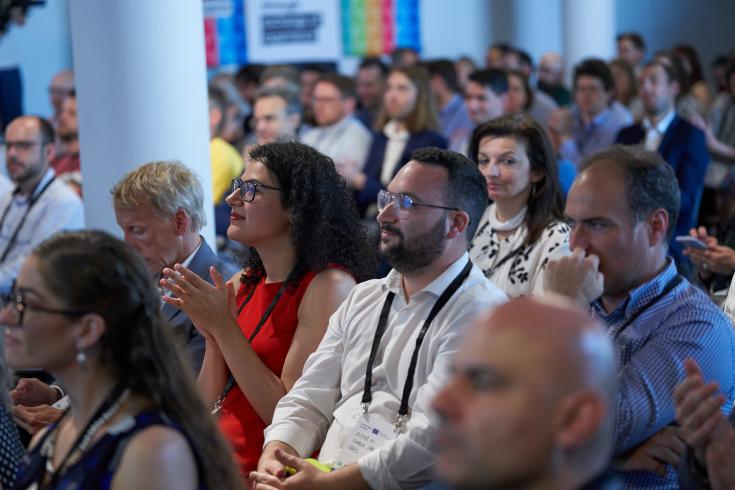As part of the ‘Role of the Academia in Economic Resilience' online webinar which took plane on 19-05-2021, The Path of CERN Technologies’ Commercialization in Lithuania – the partnership between CERN and Lithuania that help to transfer CERN knowledge into Lithuanian innovation ecosystem, was presented by Adomas Jelinskas, a project consultant of Lithuanian Innovation Centre. In his intervention, Adomas focused on the positive impact that CERN business Incubation Centre has for Lithuanian innovation ecosystem.

In 2019 the agreement was signed between the representatives of European Organization for Nuclear Research, known as CERN and Lithuanian government to establish CERN Business Incubation Centre in Lithuania (below – BIC or Business Incubation Center). The center is one-of-a-kind in Central and Eastern Europe and became part of the CERN BIC Network of 9 incubators. The primary purpose of CERN BICs is to assist entrepreneurs and small businesses in taking CERN technologies and expertise to the market.
The center in Lithuania consists of two business incubators in Vilnius and Kaunas, Lithuania's two largest cities and it is coordinated by the Lithuanian Innovation Center that provides consultancy and expertise for the local start-ups. The BIC has opened an opportunity for innovative companies in Lithuania to use the latest CERN innovations, database and knowledge and convert these into products that could be successfully commercialized. The BIC supports development and application of innovative ideas outside the field of high energy physics. The technological expertise from CERN comprise particle acceleration, vacuum, data and digital sciences, sensors, detectors, superconducting magnets, mechanical/materials/electrical engineering.

Every start-up, spin-off or young company could apply to participate in the BIC programme if they find a way to utilize CERN technology or competence, or encounter technological problems that can potentially be solved with the help of CERN’s experts. The selection process consists of two stages: in the first phase, companies have to write a preliminary business or product proposal, or a technological problem, highlighting the need for technological or know-how support from CERN. Representatives from CERN and LIC select up to 5 of the best proposals to enter the second phase. In the second phase, the selected participants have to write a detailed business plan. A Selection Panel, composed of representatives from CERN, LIC, Incubators and independent experts, select up to 3 proposals to be invited to one of the Incubators for a period of 24 months.
One of the reasons that the BIC has worked so well is that every startup that was selected into BIC programme can take advantage of various support measures and expertise provided by Lithuanian Innovation Center, Sunrise Valley Science and Technology Park, Kaunas Science and Technology Park and CERN experts. The business incubation program provides startups with these services and benefits: preferential rate licensing of CERN intellectual property; free 40 Hours of CERN Expert consultation; 200 hours of LIC and Incubator expert consultations; premises in one of two technology parks; financial grant (40 000 euros).
The BIC welcomes deep-tech companies that often find it challenging in an early-stages to attract funding that is needed for further R&D activities and product development. “Financial support is a very important starting point for startups at the beggining. The companies that were selected to participate in the incubation programme were set up just three months ago, these start-ups have a very rich baggage of technological knowledge, which requires financial and human resources to turn into a working technology. Therefore, we are extremely grateful for sharing the most valuable assets – financial grants and knowledge – with the most promising deep-tech companies.” emphasized A. Jelinskas, the project consultant of “Lithuanian Innovation Centre”.

Mr. Jelinskas said that one of the “biggest challenges with the creation of the new incubators, was to set-up new operational processes and create network of expertise that could cover very specific topics and expertise demanded by start-ups. In addition, the great challenge was to communicate about opportunities to entrepreneurs and scientists because most of the has a strong association of CERN with fundamental science that are far away from market-ready solutions. Nevertheless, the main stakeholders and partners were really focused on a communication strategy and provide business community with various use-cases of CERN technologies that helped to engage and attract those young entrepreneurs in further BIC activities.
For further information on Student Inc. contact [email protected]
Project Consultant website: https://www.cern.lt/
